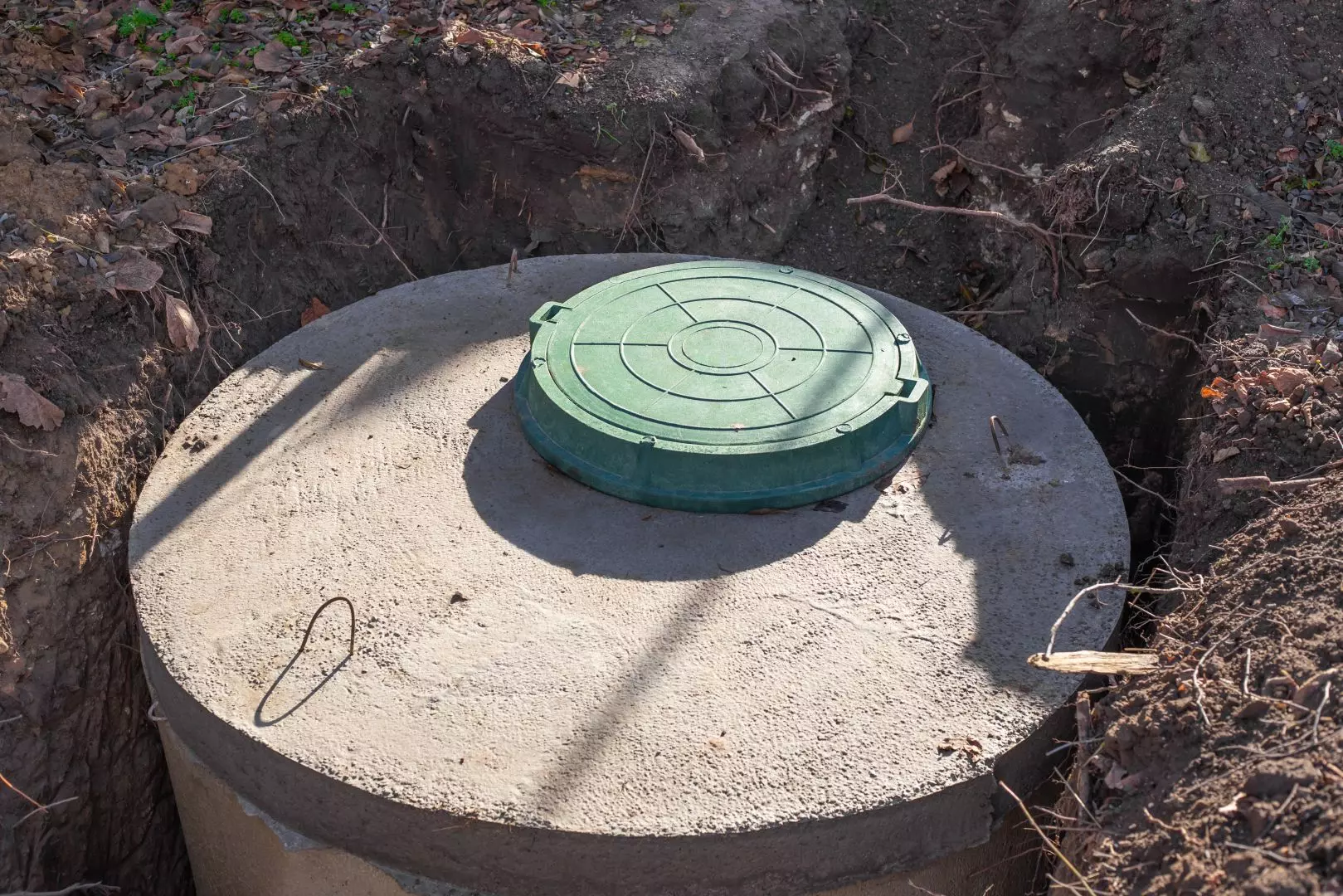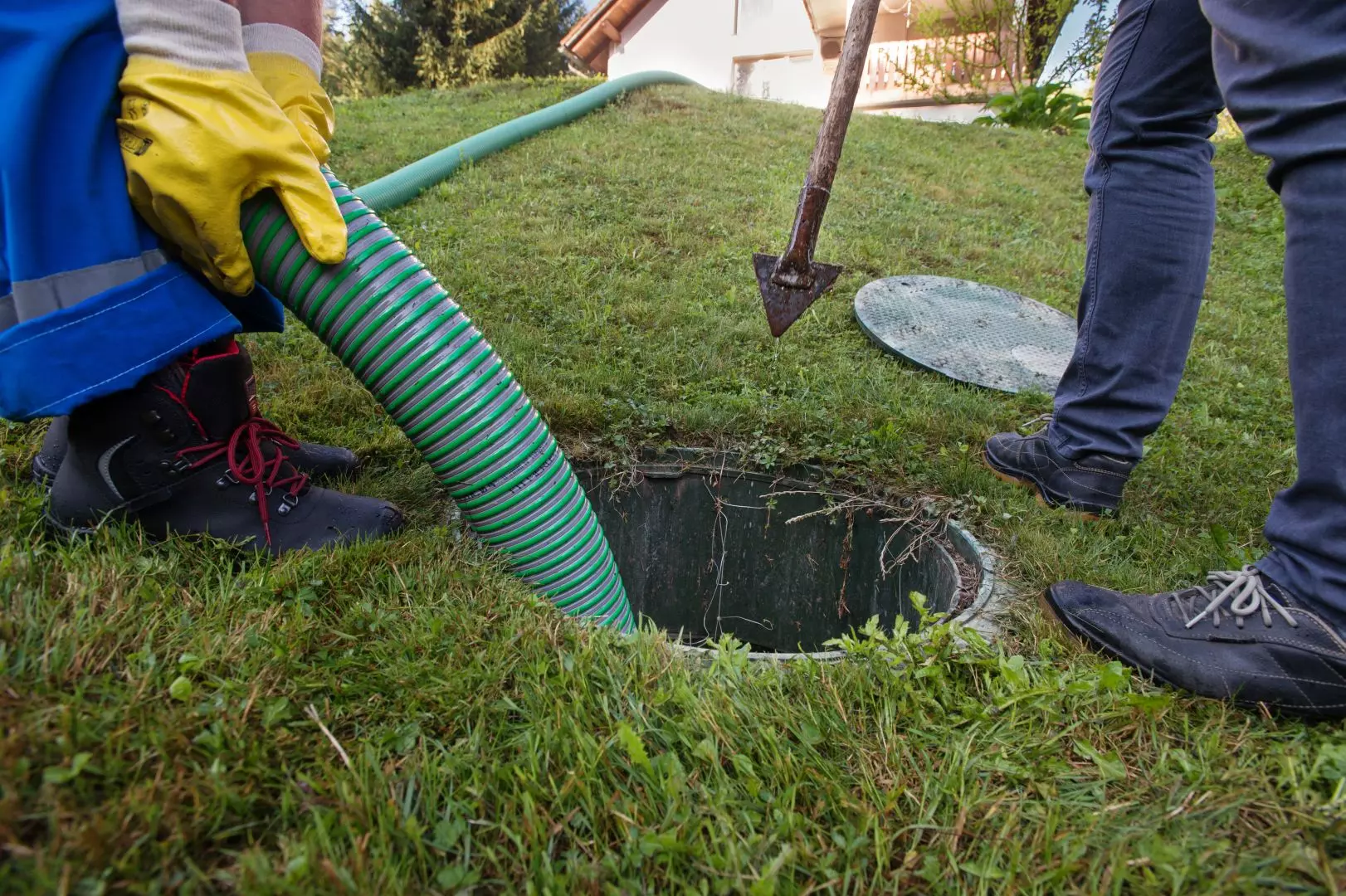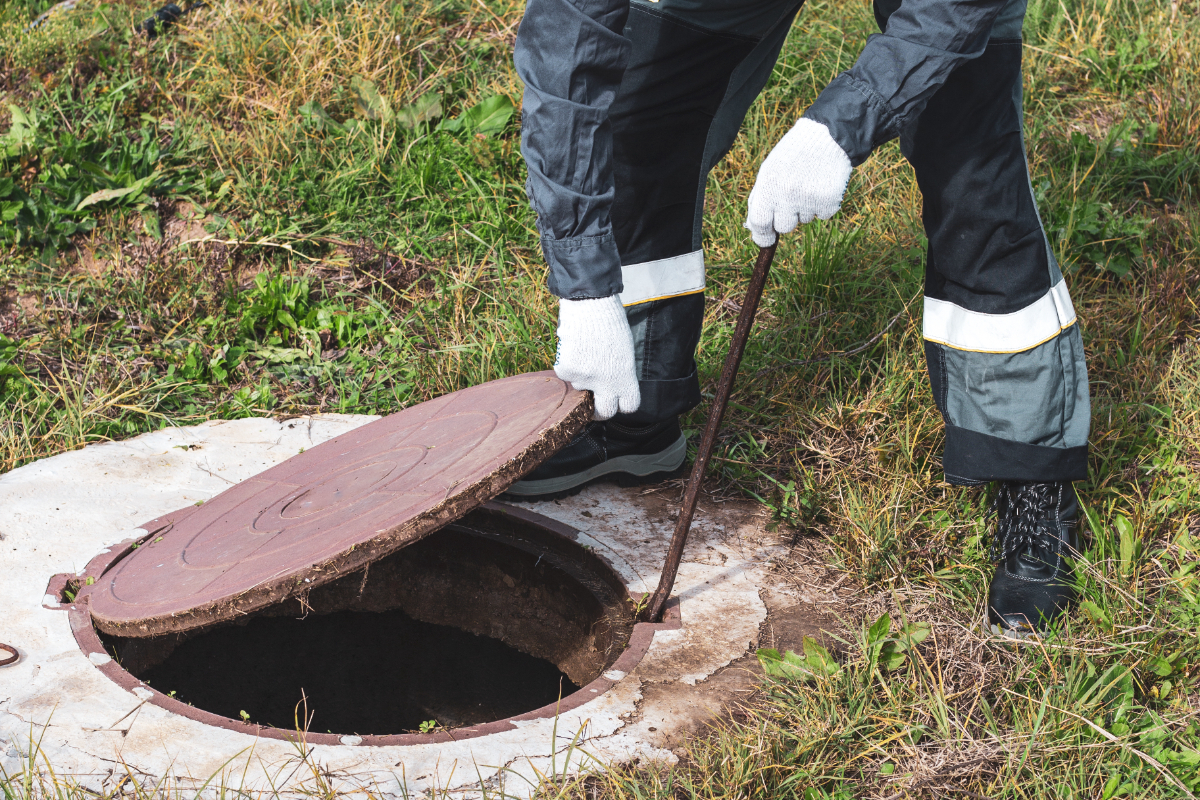Find out how often you should empty your septic tank. Our trusted guide can help you keep your waste system functioning smoothly and hygienically.
How Often Should It Be Emptied?
On average, most septic tanks should be emptied every 1 to 3 years to maintain their efficiency and prevent potential issues. Larger households tend to produce more wastewater and solid waste, causing the tank to fill faster. In this case, annual emptying may be necessary. On the other hand, smaller households or properties with low water usage may only need their tanks emptied every two to three years.
Routine septic tank emptying is essential to prevent the build-up of sludge, which can reduce the tank’s capacity and efficiency. When solid waste accumulates beyond a certain level, it can overflow into the soakaway or drain field, leading to blockages, environmental pollution, and expensive repairs. The main signs that your tank needs emptying are slow drainage, foul odours, gurgling pipes, or sewage backups.
To determine the best emptying schedule, property owners should keep a record of past services and consider having periodic inspections. A professional technician can measure the tank's sludge levels and advise on whether the tank needs emptying. Failing to empty a septic tank on time can result in system failures, soil contamination, and health risks due to untreated sewage.
What Affects How Often It Needs Emptying?
While it's generally recommended to have your septic tank emptied every 1 to 3 years, the actual interval can vary depending on your home's size, water usage, tank capacity, and system design.
The number of people living in a property is one of the biggest factors that affect a tank's emptying schedule. More occupants means there's more wastewater and solid waste entering the tank, causing it to fill up faster. A home with a large family may need to have the tank emptied annually, while a single-occupant property might only need to have the tank serviced every three years.

Disposing of non-biodegradable fats, oils, grease, and harsh chemicals in a septic system can interfere with the natural decomposition process, leading to waste building up faster and causing the tank to be emptied more frequently.
To maintain the system's efficiency and extend the time between emptying, it's recommended that you use septic-safe cleaning products and avoid flushing sanitary items or non-biodegradable items down the drains.
Risks of Not Emptying Your Tank on Time
One of the biggest risks of not emptying your septic tank on time is sewage backups. When the tank becomes too full, it can no longer accommodate incoming waste, resulting in raw sewage backing up inside the home, unpleasant odours, property damage, and significant health hazards due to your exposure to bacteria and pathogens.
Another major concern is damage to the soakaway or drainage field. Excess sludge and scum can be pushed out of the tank and into the drainage system, causing blockages that prevent proper filtration. Additionally, overflows from a full tank can seep into nearby soil, groundwater, or surface water, polluting natural resources and potentially affecting your drinking water. This can harm the local wildlife and result in fines or legal action if any environmental regulations are breached.
Excess internal pressure and corrosive gases from decomposing waste can also damage the tank's internal components and even lead to cracks in the tank's walls. In short, the main risks of not emptying a septic tank on time include sewage backups, environmental pollution, system failures, and expensive repairs. Regular maintenance is essential for ensuring your tank's performance, health and safety, and compliance.
Can You Empty It Yourself?
While homeowners can attempt to empty their own septic tanks, it's not recommended. Emptying a septic tank involves significant health hazards, complex regulatory obligations, and specialised knowledge and equipment. Septic tank emptying should be handled by licensed professionals who are trained to carry out the task safely, efficiently, and according to legal and environmental regulations.
One of the main reasons homeowners shouldn't empty the tank themselves is the significant health and safety risks. Septic tanks are full of raw sewage that contains hazardous bacteria, viruses, and toxic gases, including methane and hydrogen sulphide. Exposure to these contaminants can cause serious infections and can even be fatal without the proper protective gear and training. Additionally, working around large underground tanks also poses physical hazards such as falling into the tank or encountering structural damage.
Professional septic contractors use vacuum tankers, high-powered pumps, and sealed containment systems to safely remove and transport waste. Attempting to do the job yourself without this specialised machinery can lead to incomplete waste removal, spills, and environmental contamination.

Trained technicians can identify blockages, structural damage, or other issues within the septic tank or drain field that might not be visible on the surface. Having a professional find and resolve these problems early on can help prevent system failures and major repairs or replacements.
In conclusion, while homeowners can attempt to empty their own septic tank, the health risks and legal restrictions make it highly inadvisable. Hiring a qualified professional ensures the job is done safely, legally, and effectively, protecting both your property and the surrounding environment.
We provide professional septic tank emptying services for Helston, Penzance, Redruth and Cornwall. Our experienced team provides fast, reliable waste removal services to help prevent blockages, overflows, and structural damage. Our routine disposal services can keep your property compliant, hygienic, and safe from potential health and environmental risks.
